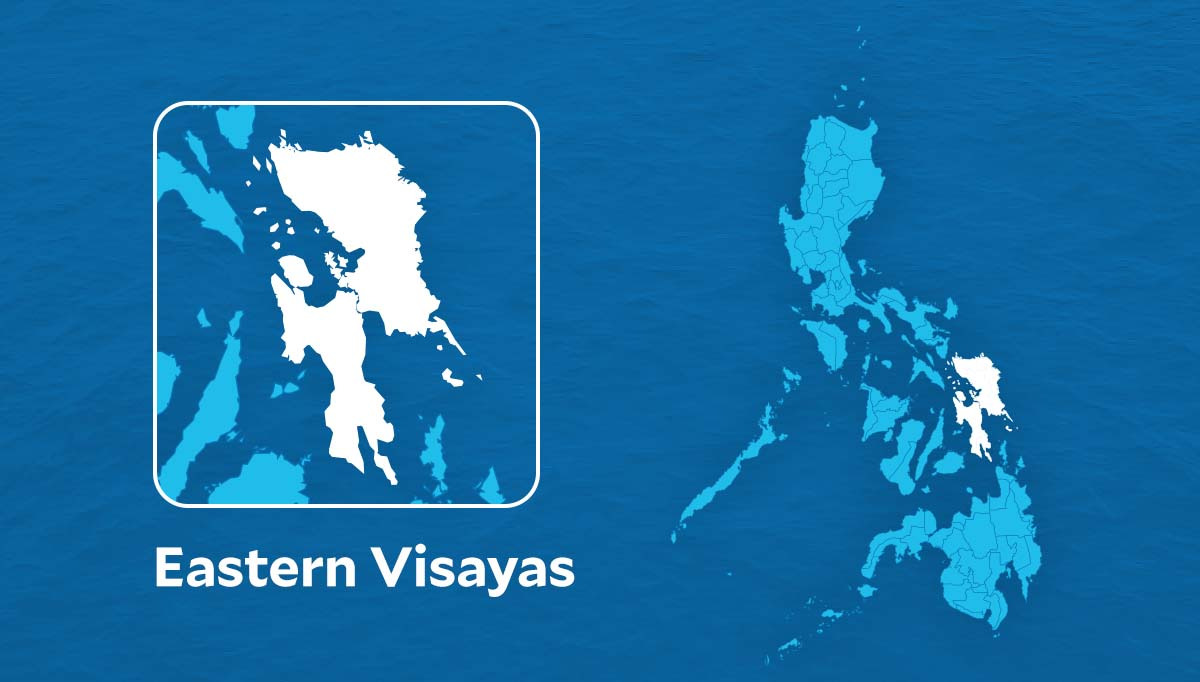Eastern Visayas students to undergo deworming
TACLOBAN CITY, LEYTE, Philippines – Government agencies and civic organizations have agreed to launch a massive deworming campaign in public schools in a bid to combat the high prevalence of soil-transmitted helminth (STH) infections among students in Eastern Visayas.
Lawyer Neil Sia, secretary of the Rotary Club of Tacloban, highlighted the importance of addressing STH infections, saying that the condition negatively impacts students’ physical and mental health.
“This deworming initiative is crucial for our schoolchildren. STH infections not only affect their physical health but can also impair their cognitive development and academic performance,” he said in a statement.
READ: It’s worm inside
“By tackling this problem, we hope to improve the overall well-being of our students,” he added.
Article continues after this advertisementA memorandum of agreement (MOA) was signed by the Department of Education, Department of Health (DOH), Department of Interior and Local Government, and civic groups such as the Rotaract Club of Tacloban and the Rotary Club of Tacloban on Monday, Sept. 23.
Article continues after this advertisementThis partnership aims to conduct regular deworming activities to improve the health and well-being of school children in the region.
Under the agreement, the first wave of deworming will take place in January 2025, with the second cycle scheduled in July 2025.
The program will initially target seven public schools in Tacloban City, benefiting around 1,000 students. The long-term goal is to expand the program across the region.
The agreement outlines establishing a sustainable partnership, wherein all participating agencies and organizations will work together to plan, implement, and monitor a biannual school-based deworming program.
This initiative aligns with the World Health Organization’s Neglected Tropical Diseases roadmap for 2021 to 2030, which seeks to significantly reduce, if not eliminate, STH infections through mass drug administration.
According to the agreement, the deworming program in Eastern Visayas is seen as a potential pilot model for a nationwide school-based deworming strategy. The goal is to support the DOH’s national effort to reduce STH infections by 2030.
“The deworming program in Eastern Visayas is not just a response to local health concerns, but also serves as a pilot initiative that could be scaled nationwide,” the MOA read.
The collaborative effort represents a significant step toward improving public health in Eastern Visayas, focusing on reducing the impact of neglected tropical diseases among the region’s most vulnerable populations: school children.
“This partnership will help lay the groundwork for a nationwide school-based deworming strategy, contributing to the DOH’s long-term goals,” it added.
